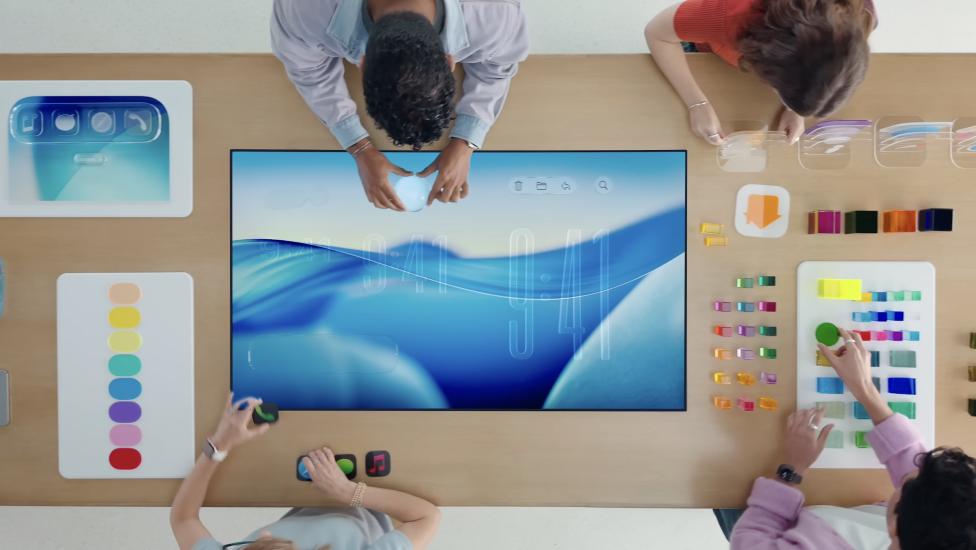Select Language:
Last week’s Apple Worldwide Developers Conference (WWDC) 2025 concluded with Apple executives Craig Federighi, head of software, and Greg Joswiak, marketing chief, addressing some pressing questions from the media. The conversation revealed a significant issue that has plagued Apple over the past year: the status of its artificial intelligence (AI) initiatives, particularly concerning Siri.
Last year, Apple confidently announced plans for a “smarter” AI assistant, but so far, there has been no launch. This has prompted skepticism among users, who wonder if Apple has been misleading them by touting an AI product that isn’t ready for prime time.
In the interview, Federighi admitted that Siri’s development had indeed faced delays. He explained that although there were initial plans to upgrade Siri in two phases, Apple ultimately decided not to release the software due to quality concerns. “We had a version that was usable and even showcased it at last year’s event, but it didn’t meet our rigorous quality standards,” he said.
Joswiak added, “We don’t want to let our users down. Launching an AI assistant with a high error rate would be a greater disappointment.” This reflects a core belief at Apple: it prefers to hold off on launching a product rather than release something subpar, no matter the market pressures.
Federighi clarified, “We showcased a working large language model version that we intended to release by the end of the year. However, we realized it wasn’t reliable enough, prompting us to go back to the drawing board.” In short, the issue lies not in a lack of AI but in the insistence that it meet Apple’s high standards before it can be labeled as Siri.
The executives went on to discuss Apple’s AI strategy, setting it apart from other major players in the market. Joswiak emphasized that Apple is not trying to create just another chat assistant; instead, the goal is to embed generative AI deeply into the operating system, enhancing user experiences without calling attention to it. Federighi remarked, “Much like the early days of the internet, we hope users won’t even realize they are utilizing AI.”
When pressed about whether Apple’s AI capabilities were falling behind its competitors, Federighi stated, “There’s no need to rush out flawed features just to be first. Our goal is to create the right products for our users.”
As for Siri specifically, which has struggled to maintain its reputation since its debut in 2011, Federighi acknowledged that while they aspire to make the next-generation Siri an indispensable personal assistant, it “isn’t quite ready yet.” Joswiak echoed that “Apple Intelligence” should be viewed as a system capability rather than a standalone product.
The discussion also touched on updates regarding iOS 26 and a new design language called Liquid Glass. Inspired by Apple’s Vision Pro, this design is expected to create a more fluid and lightweight user interface. However, when asked if this is preparing for a larger-screen phone or a foldable iPhone, Joswiak playfully dodged, saying, “Who knows? We haven’t seen one.”
In light of the rapid advancements in AI, Apple’s cautious approach seems conservative but emphasizes quality over speed. Federighi concluded, “Our ultimate aim isn’t to be the first but to make the right product.” At a time when the industry is racing toward massive models and rapid releases, a measured and thoughtful integration of AI could serve as a pivotal moment for Apple.







